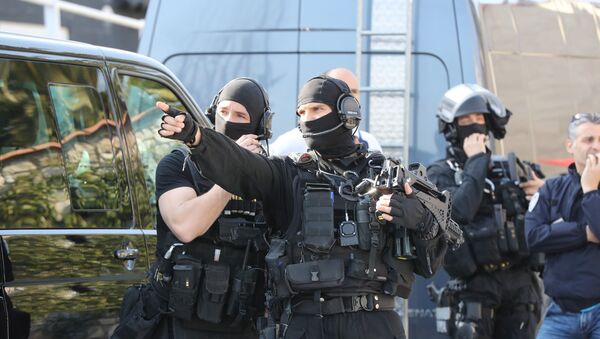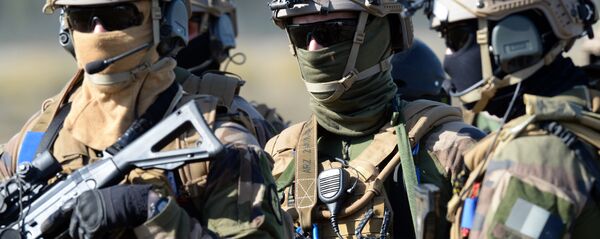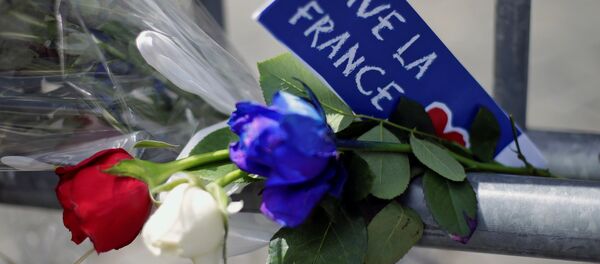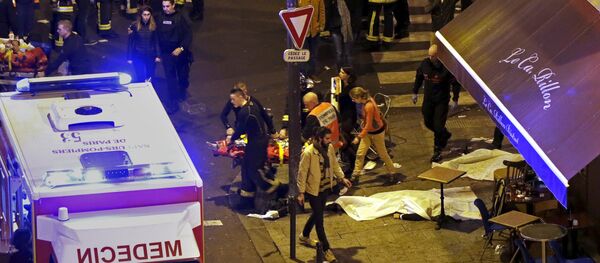Earlier this week, Justice Minister Jean-Jacques Urvoas announced that France had "created the conditions that make it possible to exit the state of emergency, without weakening ourselves or remaining helpless in the face of the threat of terrorism."
The 14-month state of emergency was introduced in response to the terrorist attacks on November 13, 2015, at six locations in and around Paris, including the popular Bataclan nightclub. The coordinated Islamist attacks took 137 lives, including those of the seven shooters, and left at least 368 people injured, almost 100 critically.
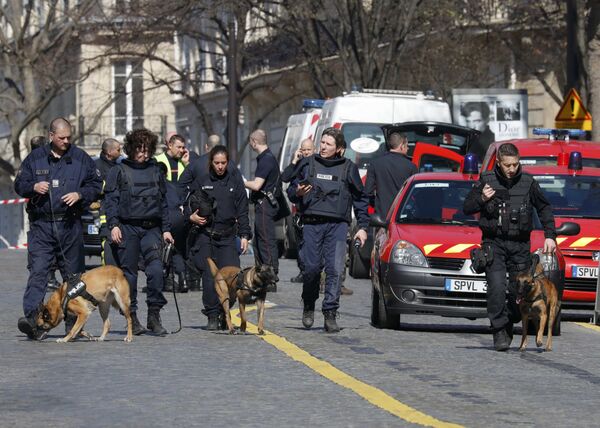
According to reports, the state of emergency, which has been extended multiple times over the past year, was observed to be limiting freedom of movement in the country. Among other measures, under the state of emergency, French police were given the power to forbid travel to any citizen at any time.
Speaking to Sputnik France, General Tauzin said that all this reflected a new political move, given that a state of emergency had never been felt in France and that special services and police "took concrete measures."
"I think that the attempt to lift the state of emergency on the eve of the elections is not so harmless. This is a political maneuver aimed to try to convince people that the government has acted effectively in the fight against terrorism. Some tension, maybe, was removed, and some symptoms were alleviated, but the reasons have not gone away, and this is important," he said.
Another French presidential candidate, Paul Mumbach, told Sputnik France that he does see sufficient grounds for the statement of Justice Minister Jean-Jacques Urvoas.
"Locally, it is not very noticeable what has changed in comparison with what the situation was like in previous times. After all, significant restrictive measures were taken [after a state of emergency was introduced]. Maybe we are not being told something, so we do not understand why he [Urvoas] made this statement now. Honestly, we would like clarification," Mumbach said.
Speaking to Sputnik France, Alain Rodier, an expert on counter-espionage and deputy director of the French Research Center for Intelligence, lashed out at the current French authorities' desire to tout their merits.
He recalled that "France is preparing for the presidential elections, and then there will be elections to the National Assembly, which will lead to the emergence of a new political majority."
"I do not know, of course, the results, but the administration will change. A statement from the French Justice Minister means that 'a state of emergency can be lifted in France after the elections',"Rodier said.
"Personally, I believe that he [Urvoas] is going too far. Such a statement means that the outgoing administration left a complicated dossier for the incoming government, while at the same time attributing to itself success in its decision. Politically, this is a doubtful step," he added.
A parcel exploded earlier that day at the IMF office in Paris, injuring an employee, in what Hollande described as a terrorist act. Just hours later, a teenager opened fire at a high school in Grasse, wounding a headmaster and two students.
"All this allows me… to justify the state of emergency," Hollande said in Correze. "It is declared in certain situations due to certain risks, and I think that we must absolutely maintain it until July 15," Hollande said.
Never miss a story again — sign up to our Telegram channel and we'll keep you up to speed!

